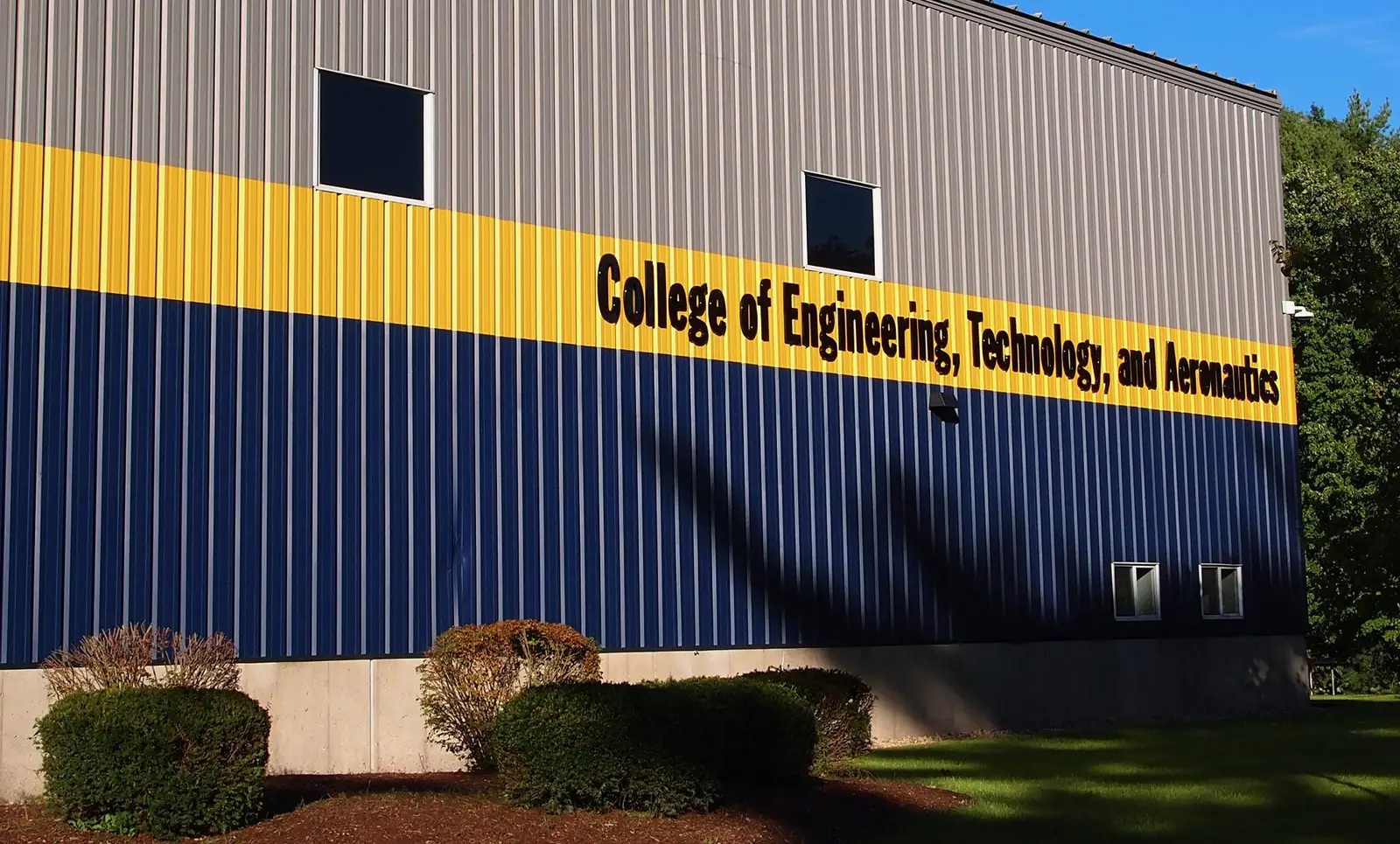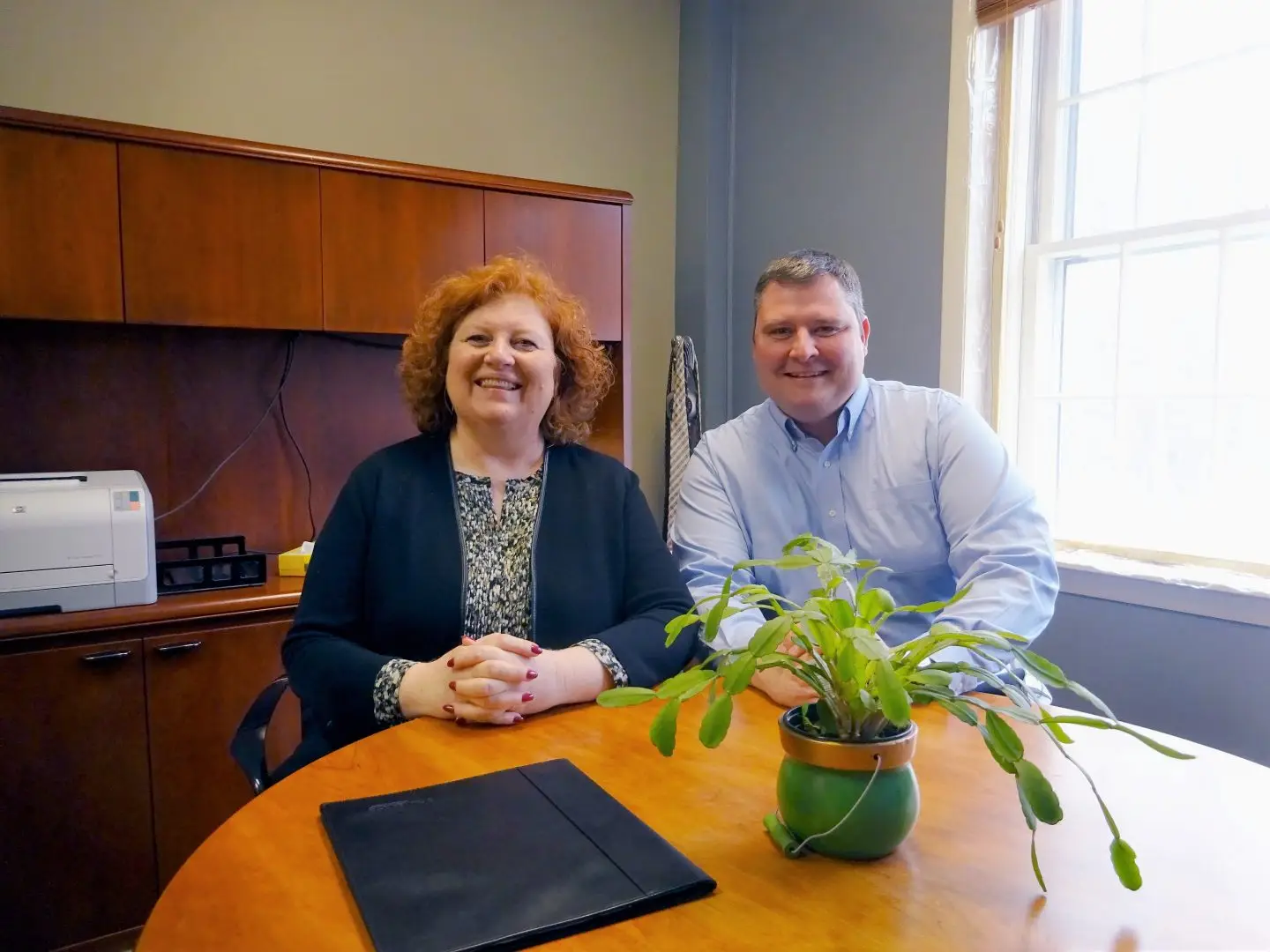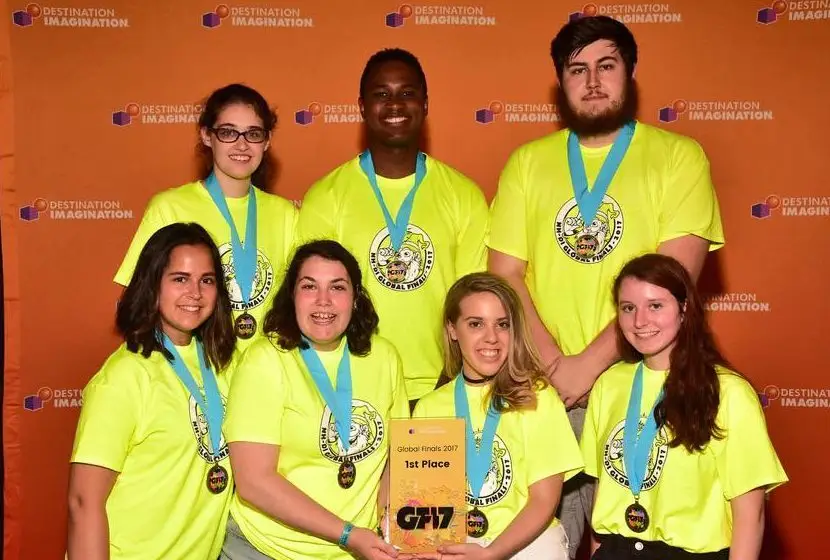At the tail end of the newly-constructed Victory Lane lies an inconspicuous building; a building one could easily mistake for a warehouse. This building, decked out in SNHU colors, is where some of the brightest technical minds on campus are molded.
The College of Engineering, Technology and Aeronautics (CETA) is welcomed to campus as SNHU’s latest initiative to expand their STEM programs.
In Spring of last year, Nashua’s Daniel Webster College (DWC), a well-known engineering institution, faced a crisis that caused the college to face both the loss of their accreditation and bankruptcy. SNHU stepped in to save the university, acquiring most of the staff, students and programs.
Dr. Bo Kim, Chair of CETA’s Computer Science department, is one of many faculty who made the transition to SNHU.
“We felt the support that SNHU was providing us over at DWC… Many students made the transition and they seem to be happy with their decision,” said Kim.
Students and faculty have been spending the past month settling into their new spaces. CETA aims to deliver their students, ranging from majors in engineering and computer science all the way to air traffic control, cutting-edge education relevant to today’s markets.
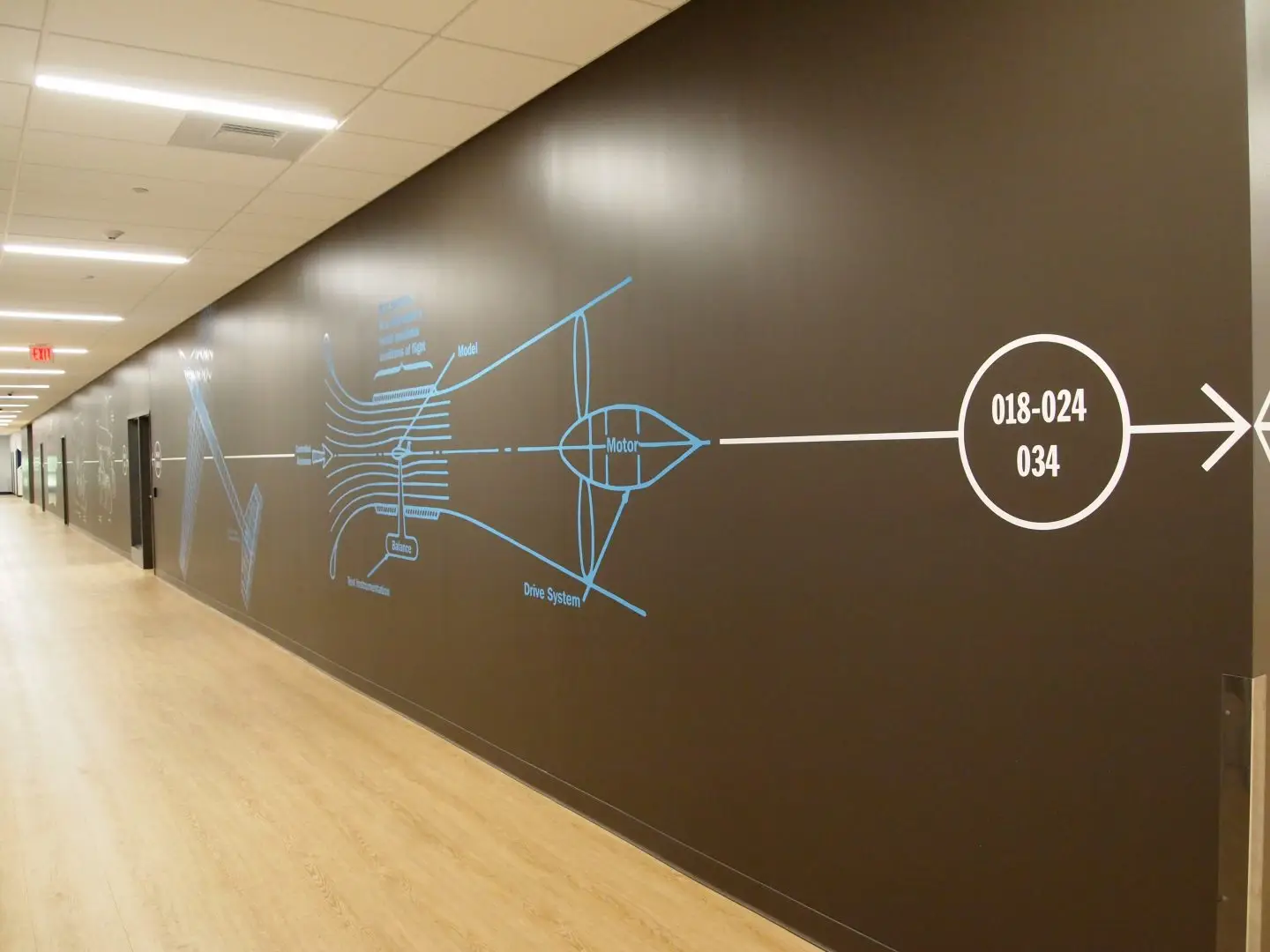
Dr. Ghanim Aljumaily, Chair of CETA’s Engineering Department, spoke of the fundamentals CETA was founded under.
“Education used to be all about information and with the emergence of communication technologies, it’s no longer about information. We really need to retune that to bring ourselves from a teaching institution to a learning institution… Part of my mission here is to convey my experience, challenges, and accomplishments. and how you link what you learn in the classroom with what happens in the real world.”
Aljumaily’s experience comes from many different backgrounds. He’s worked with NASA on both the Mars Rover and the Cassini missions, but also spent time as Iraq’s ambassador to Japan and Saudi Arabia. He and CETA’s dean, Jim Smith, bonded during their diplomatic tenure over a mutual desire to improve America’s education system.
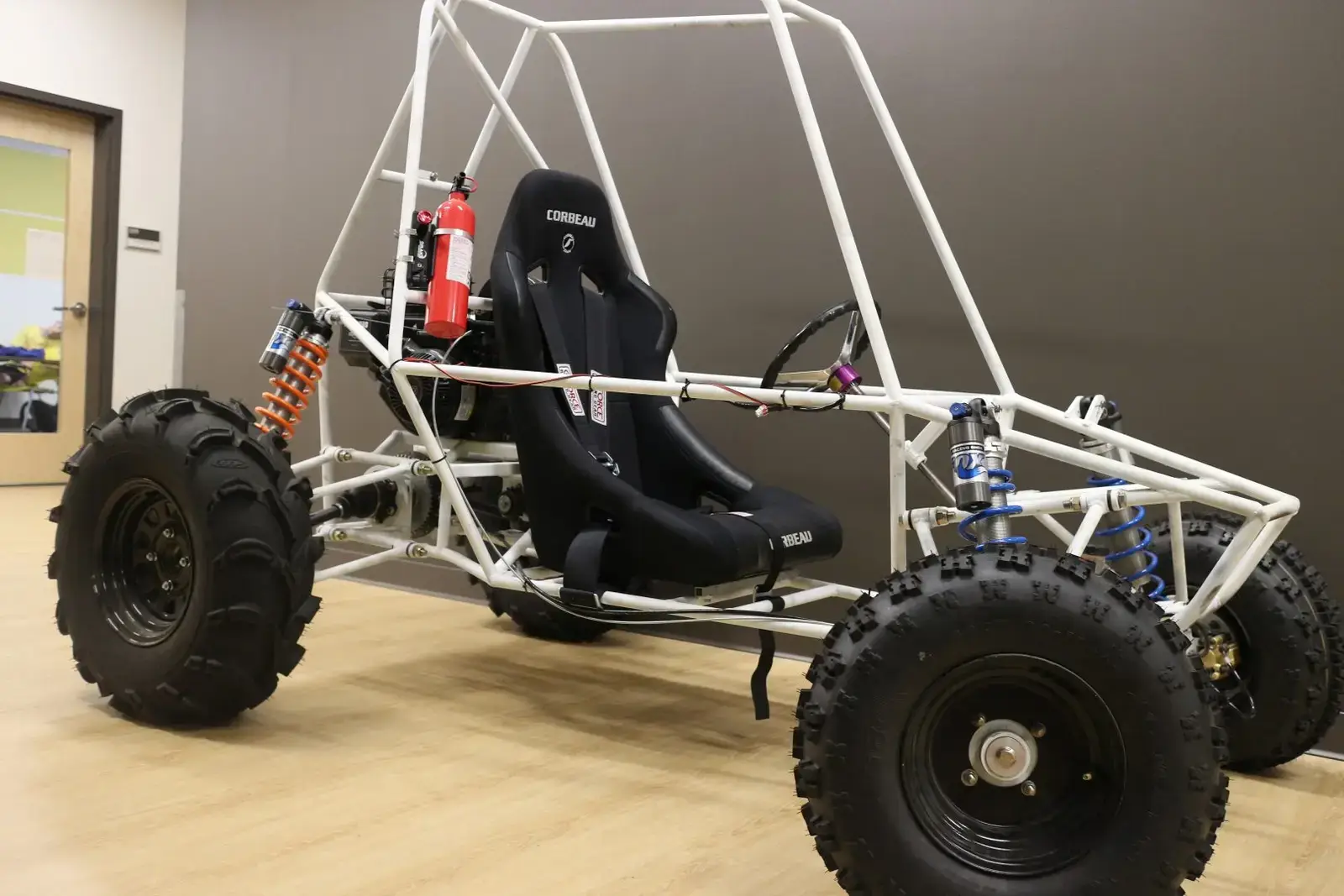
Gaynelle Swann, Associate Dean of Academics at CETA, shares this desire to improve education. Much of her job is to develop and improve CETA’s programs.
“We’ve noticed some of the gaps in our curriculum as it relates to being responsive to industry standards. We’re interviewing various industry representatives across a wide array of industries to make sure the program we’re building and the vision we’re looking to realize are in line with what industry needs for our graduates. We’re looking at shifting some of our teaching in specific disciplines as well as developing concentrations that will allow our students to go in depth in those areas,” said Swann.
Most currently, Swann is looking to improve CETA’s electrical engineering programs. This means splitting into two programs, electrical engineering and computer engineering. Her philosophy is to allow students as much flexibility as possible to learn what interests them the most.
“In my conversations with [students], they love it here. It’s an exciting space. The transformation from a run down warehouse [at DWC] to CETA, with the new labs, equipment, and new techniques we’re bringing into how we deliver instruction is pretty exciting,” said Swann.

